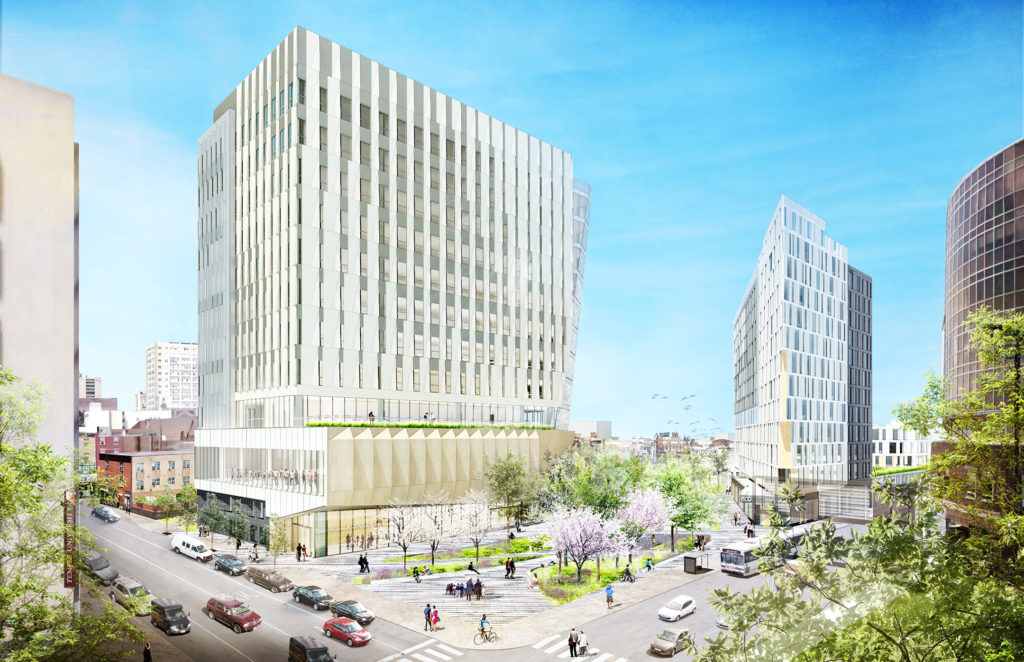Want to help low-income Philadelphians? Ensure their access to justice
 April 3, 2019
Category: Featured, Purpose, Short
April 3, 2019
Category: Featured, Purpose, Short
Disclosures
This is a guest post by Jessica Hilburn-Holmes, executive director of the Philadelphia Bar Foundation.In Philadelphia, individuals facing civil legal issues are not guaranteed legal representation.
Eighty percent of Philadelphians facing economic hardship navigate high-stakes legal situations without a lawyer —with their families, homes, and livelihoods in jeopardy. And over a quarter of our residents live in poverty.
One of the most powerful ways to support low-income Philadelphians is to ensure their access to justice. Take, for example, the needs of our elderly neighbors who are all too often overlooked, whether they need healthcare, help obtaining benefits, or protection from abuse. Access to an attorney can be life changing for older residents struggling with family violence, financial exploitation, landlord-tenant issues, and debt problems.
For families in need, having access to legal counsel or representation can be the difference between homelessness and a roof overhead.
We have to do a better job of making legal assistance accessible to those who need it. That is the work of organizations such as Community Legal Services, SeniorLAW Center, CARIE and other non-profit organizations founded to help seniors and other vulnerable members of our community to live better and fuller lives.
What if many of these and other organizations that seek to help lower-income senior citizens and all vulnerable Philadelphians in every possible area of the law were all housed in one building? Think of how much good they could do. Well, that space is on its way to becoming a reality.
A group of civil legal aid organizations have joined to create a new nonprofit center in Philadelphia called the Equal Justice Center (EJC). The EJC will improve the basic infrastructure of how legal aid services are delivered, allowing its tenants to more effectively fight poverty, challenge systems that perpetuate injustice, and improve lives. It will respond to Philadelphians’ need for civil legal aid services by offering multiple client-centered services in one centralized location.
For families in need, having access to legal counsel or representation can be the difference between homelessness and a roof overhead. It can protect the rights of disabled veterans, vulnerable elderly couples, or mentally ill individuals. It can ensure that people can live and work free of discrimination. It can guard a single mother’s ability to support her family or a father’s safety on the job, or a senior citizen’s right to proper health care.
It is anticipated that the EJC will improve the quality of life and advance a culture of health and well-being through the entire community. And that tens of thousands of people will be served by it.
That’s access to justice.
Project
Equal Justice CenterTrending News











